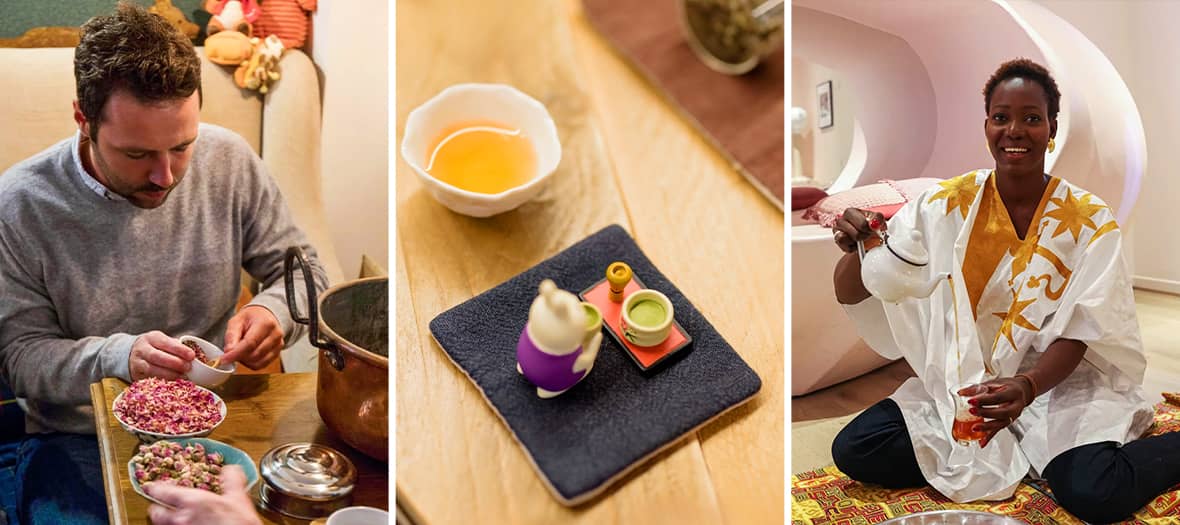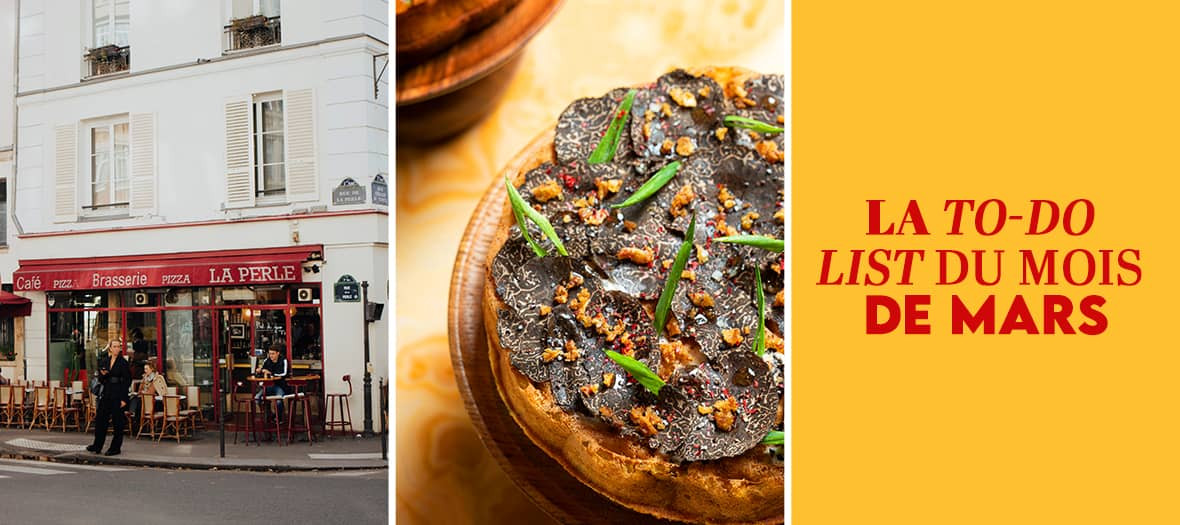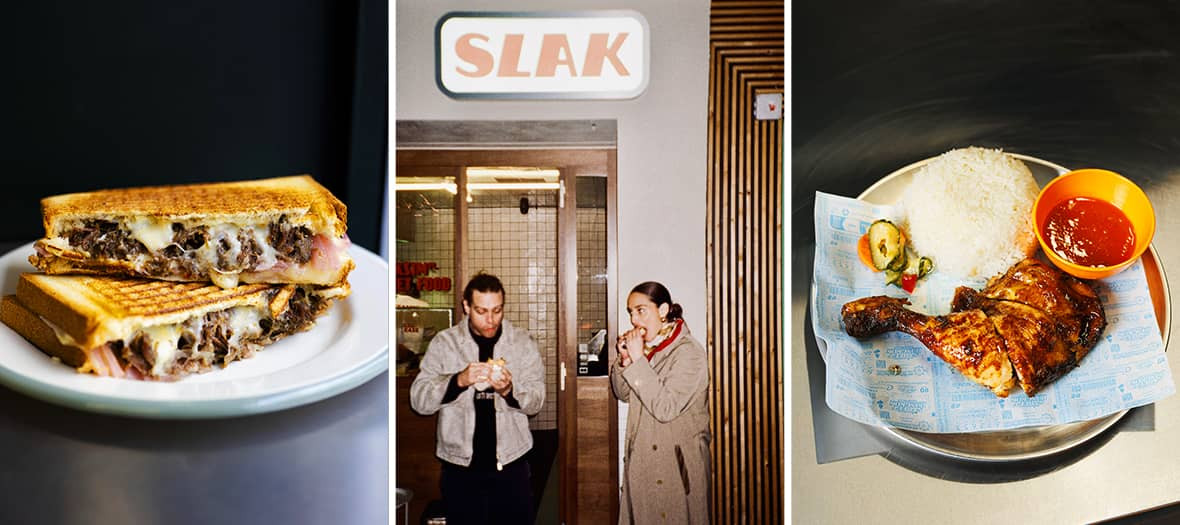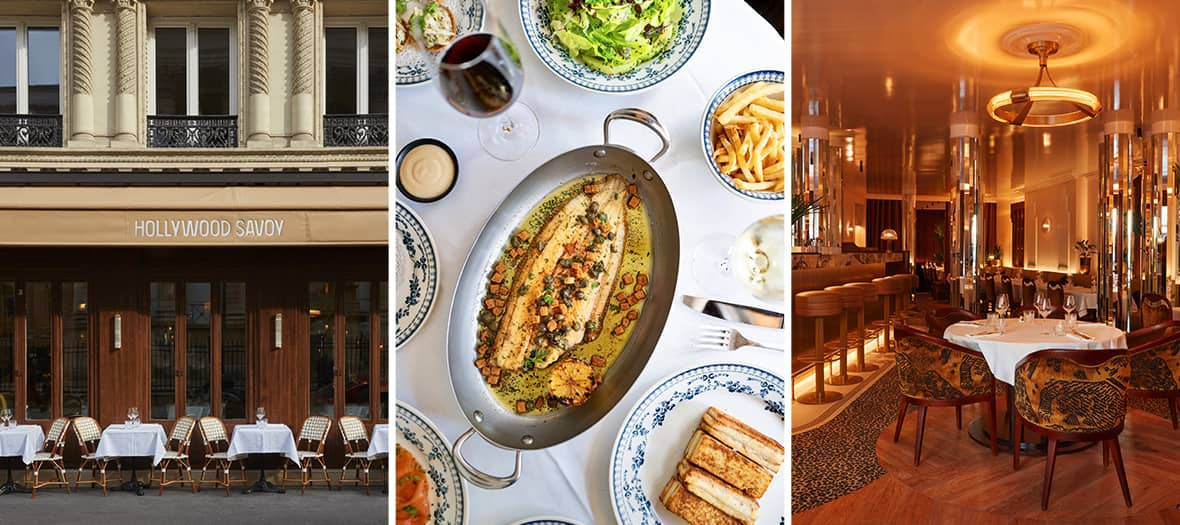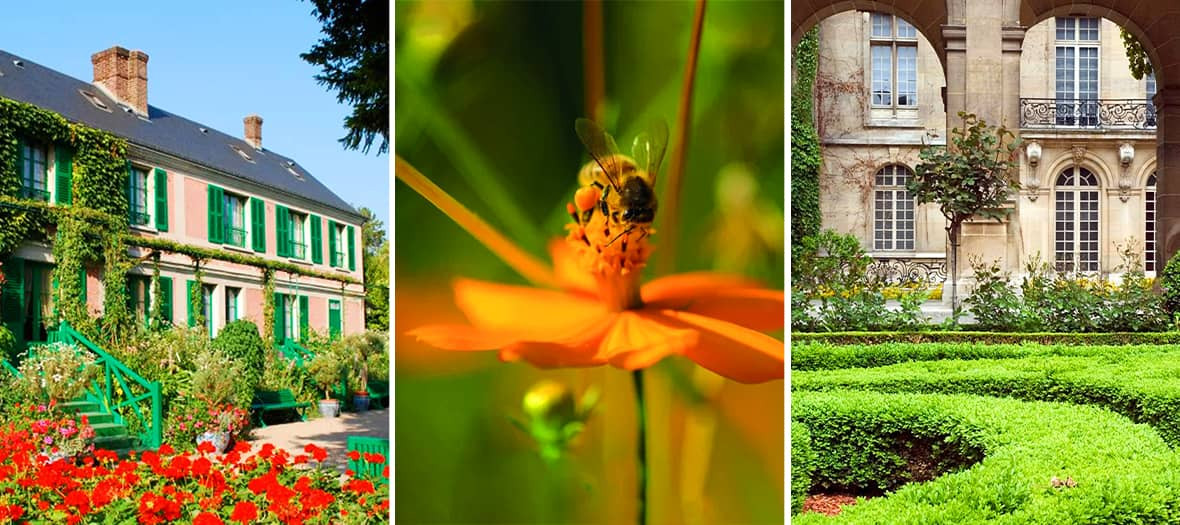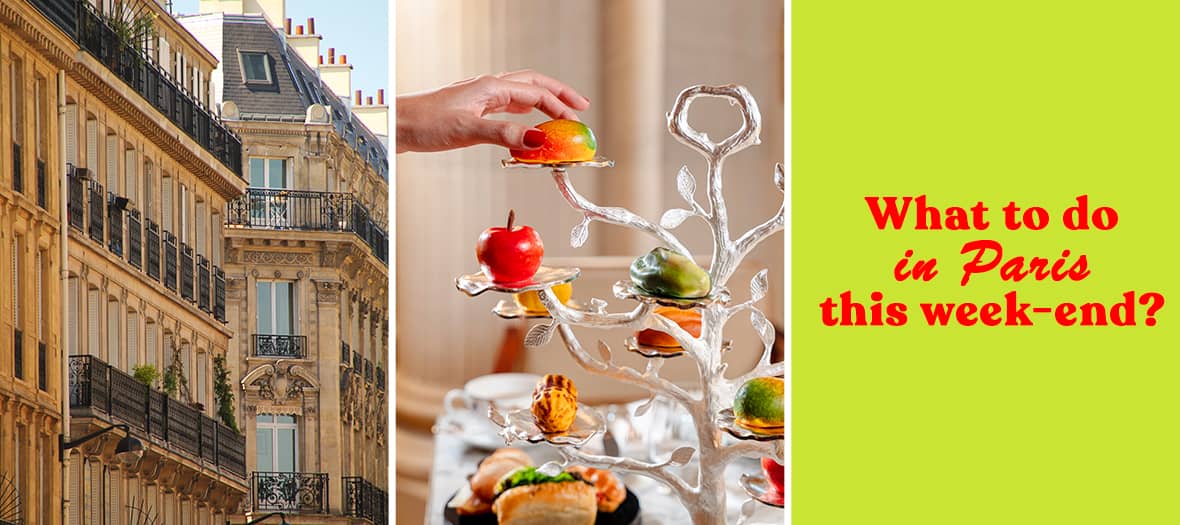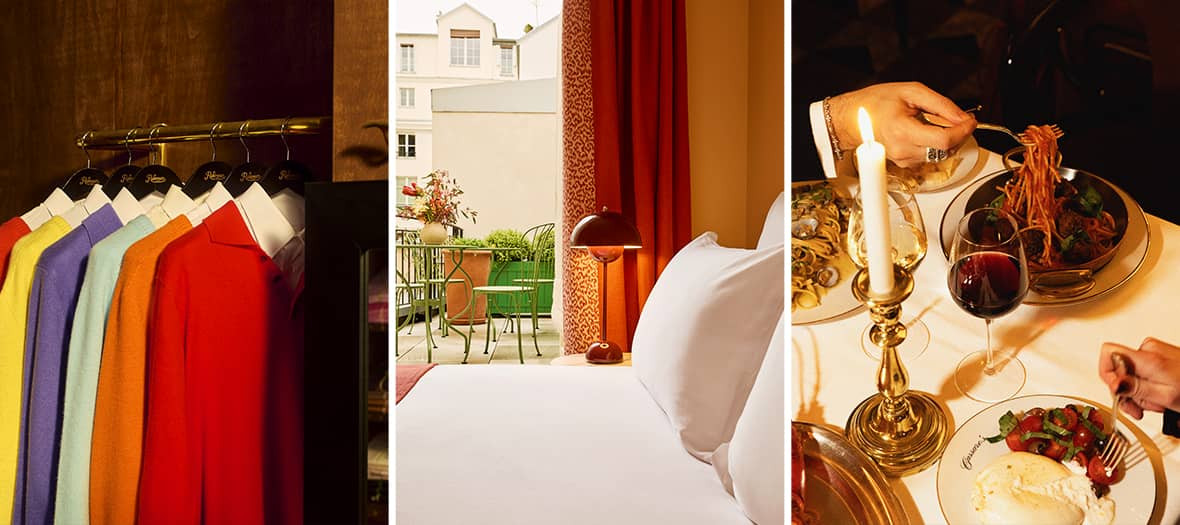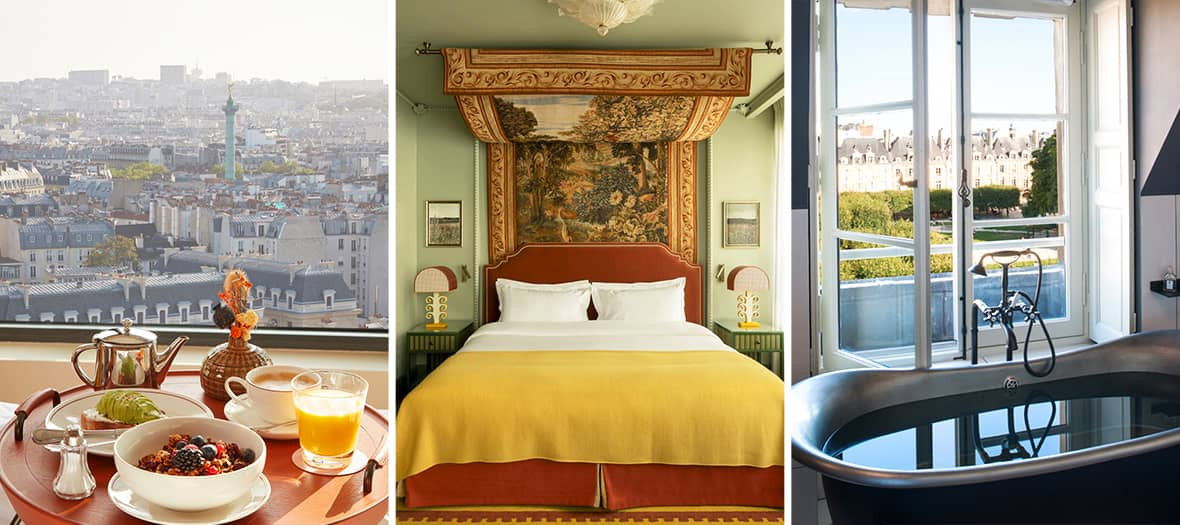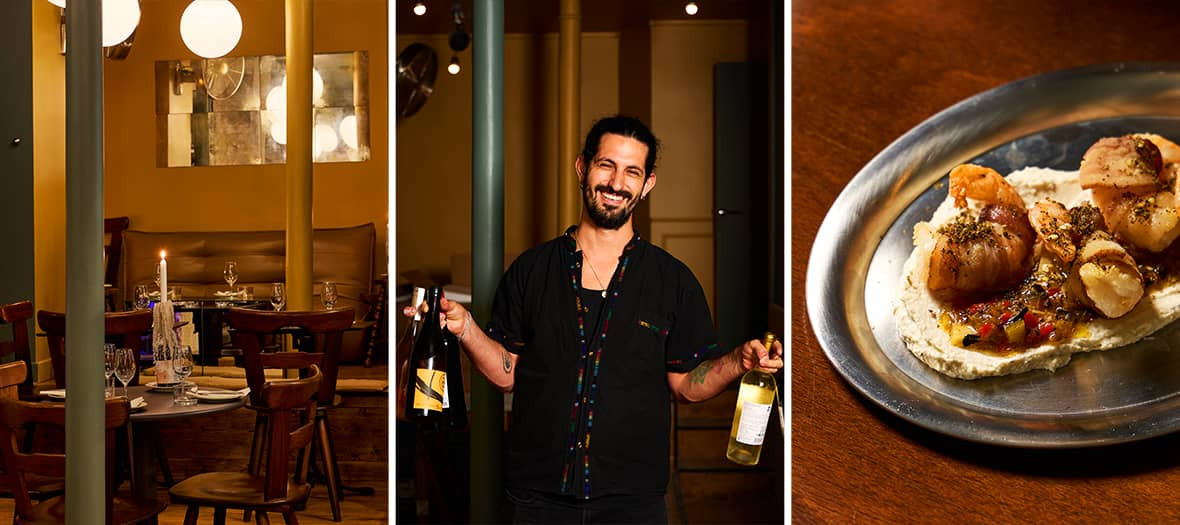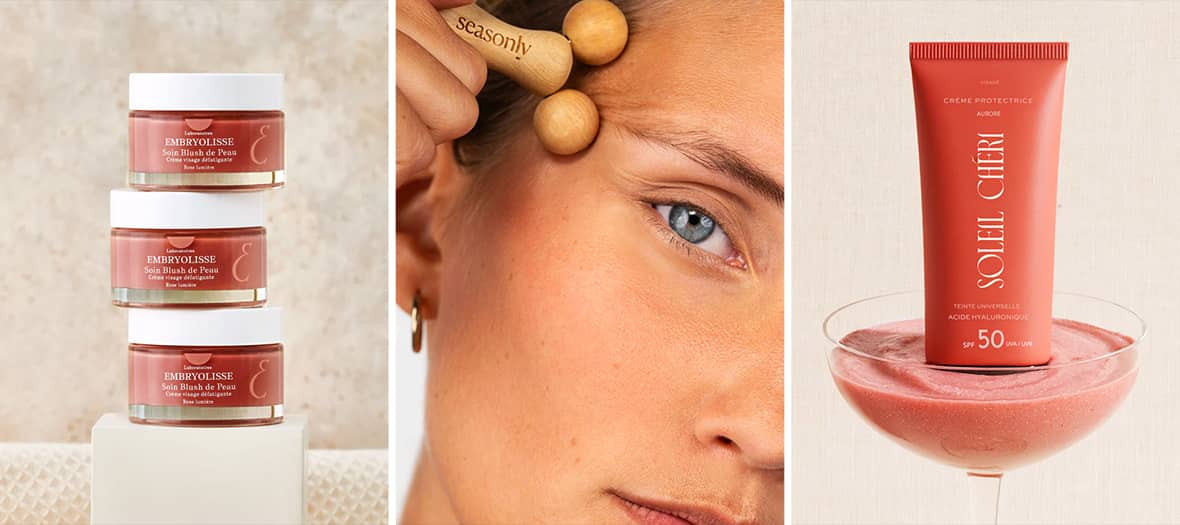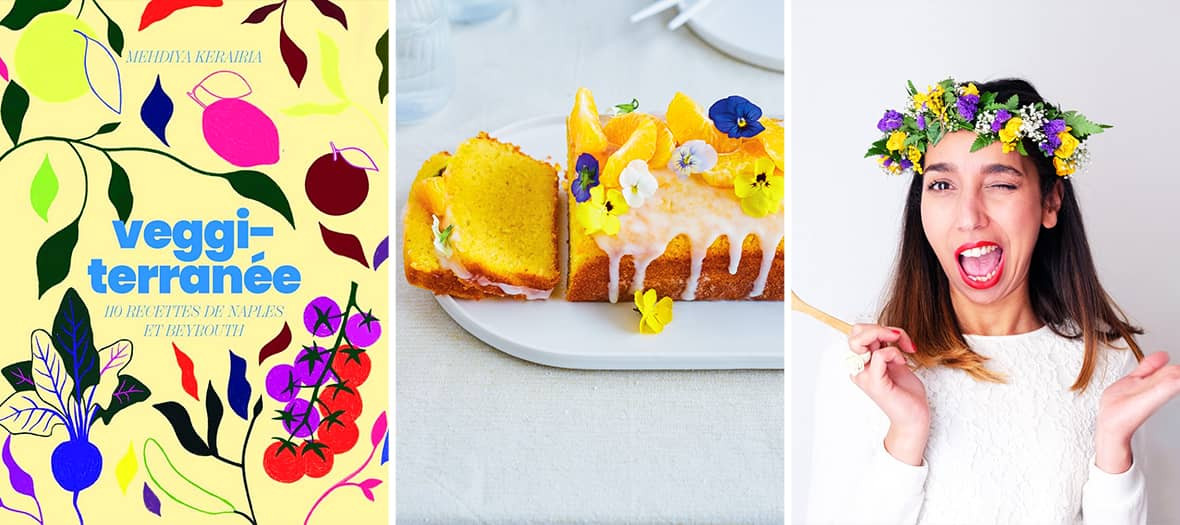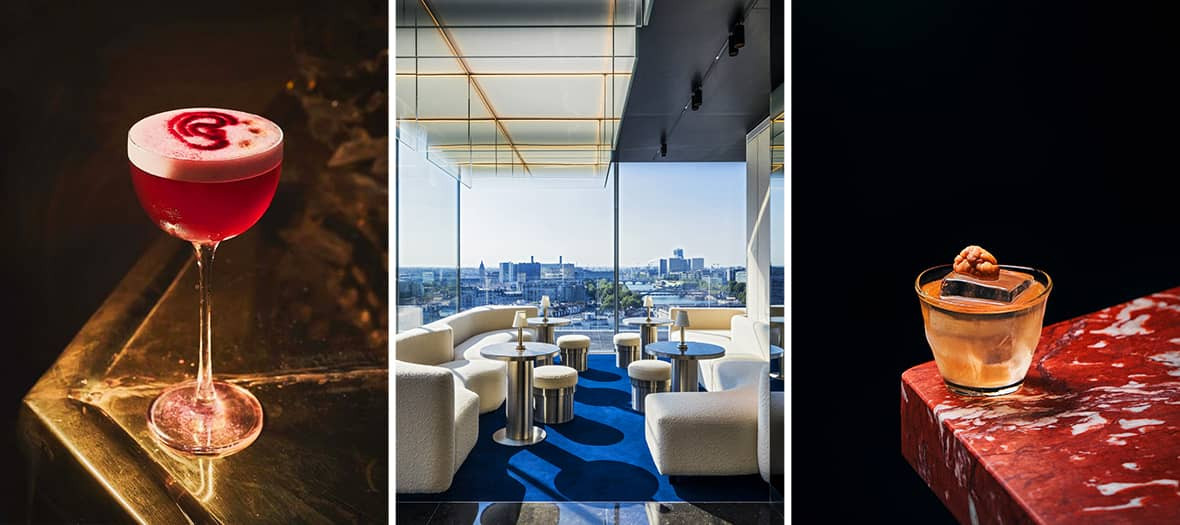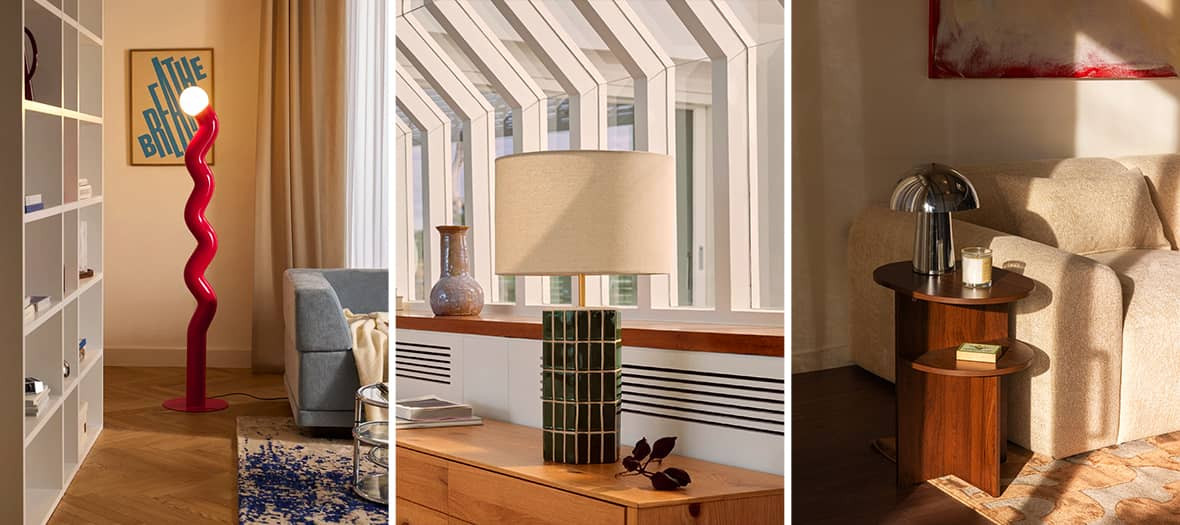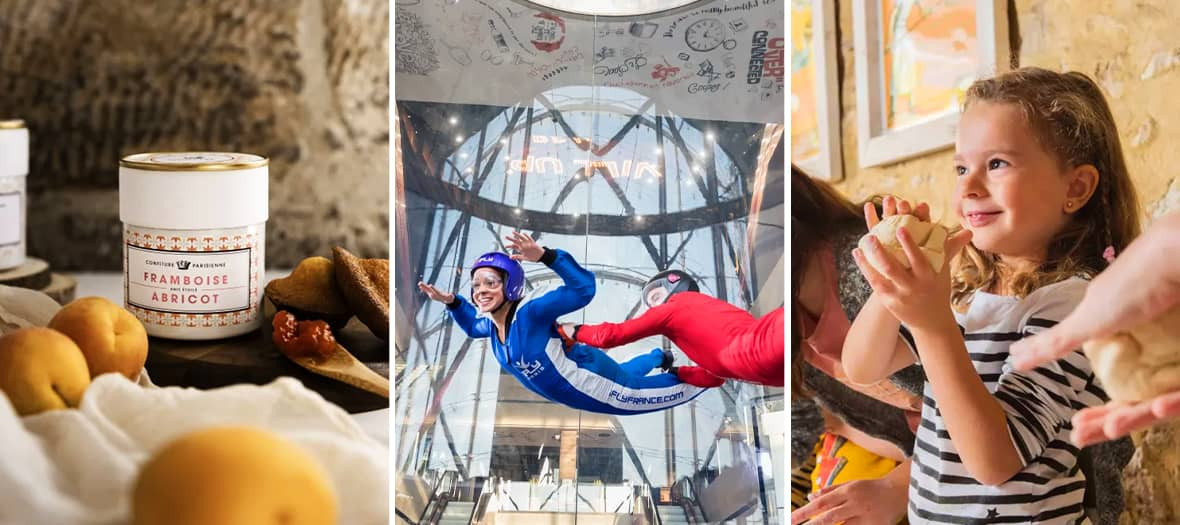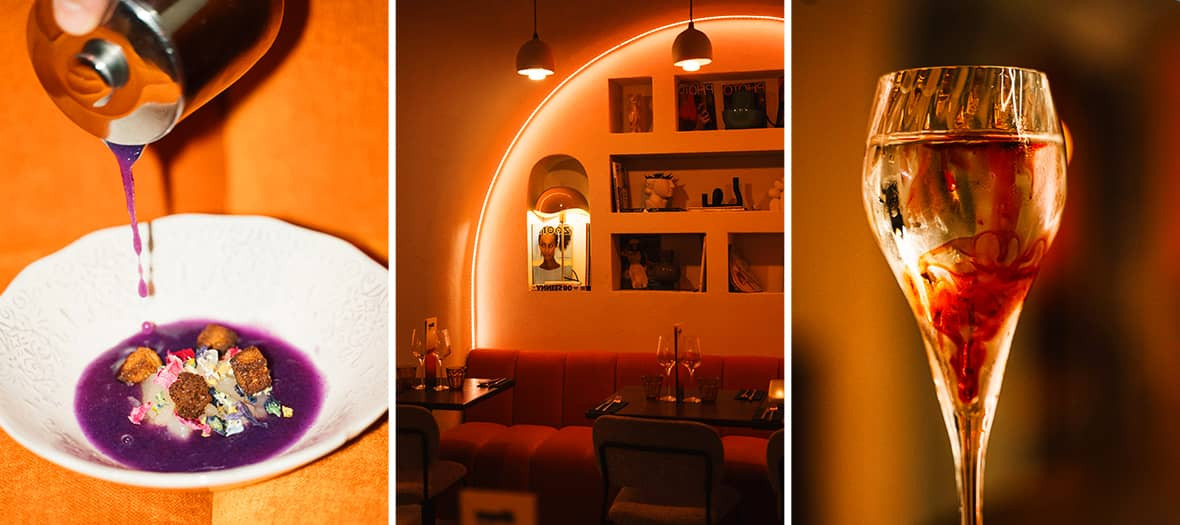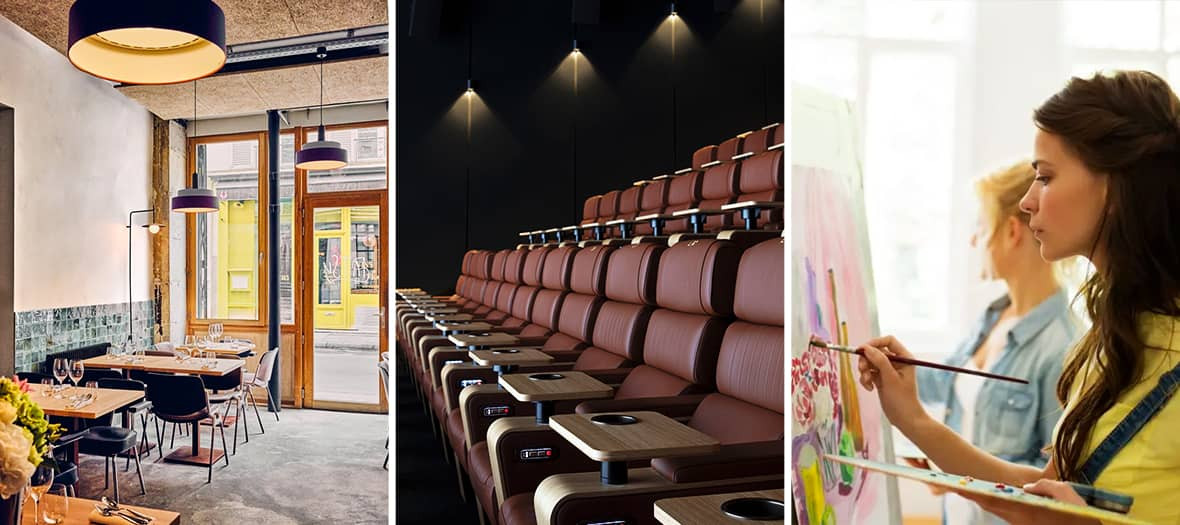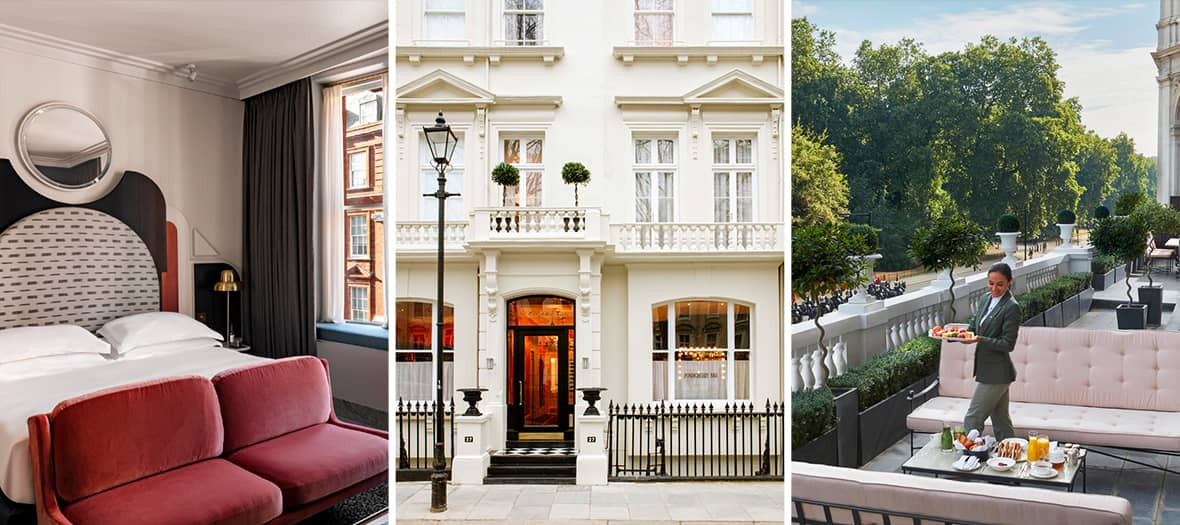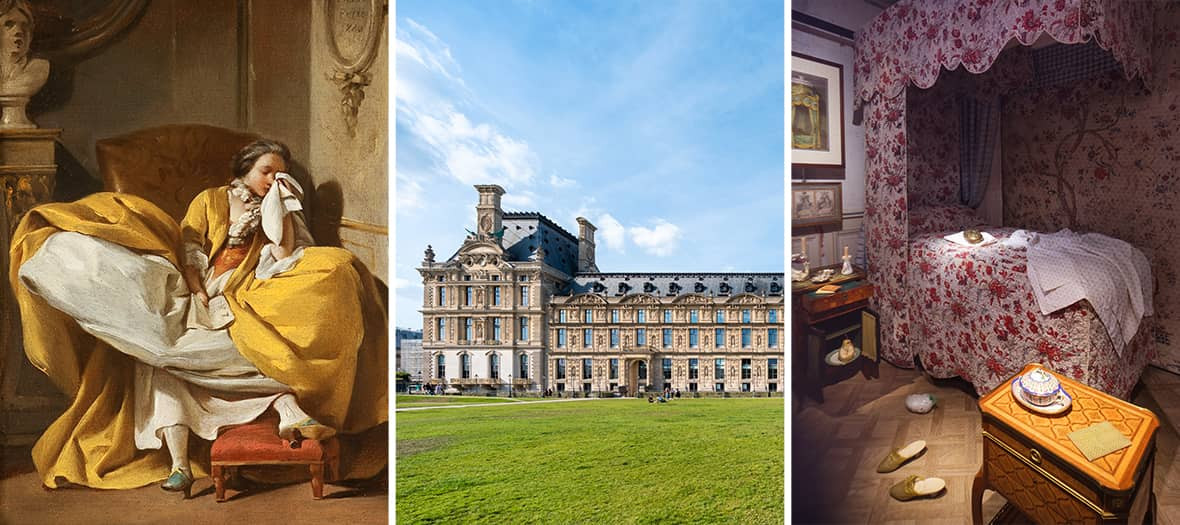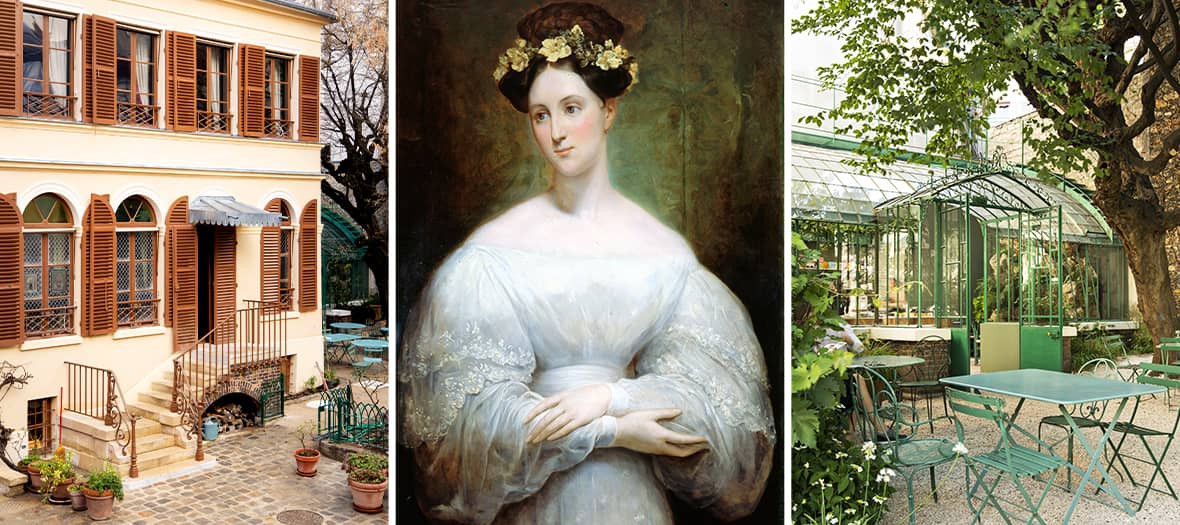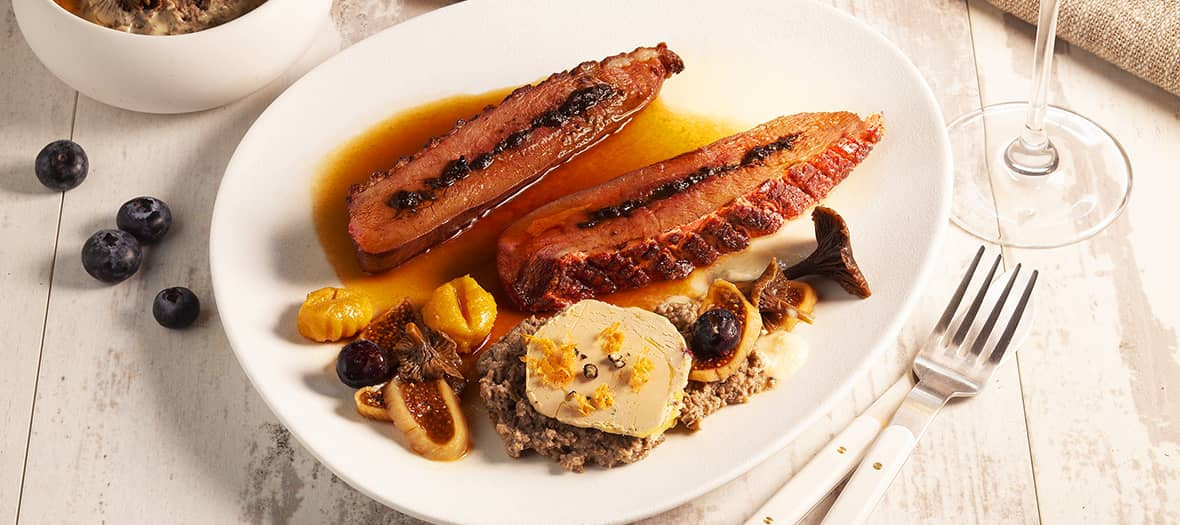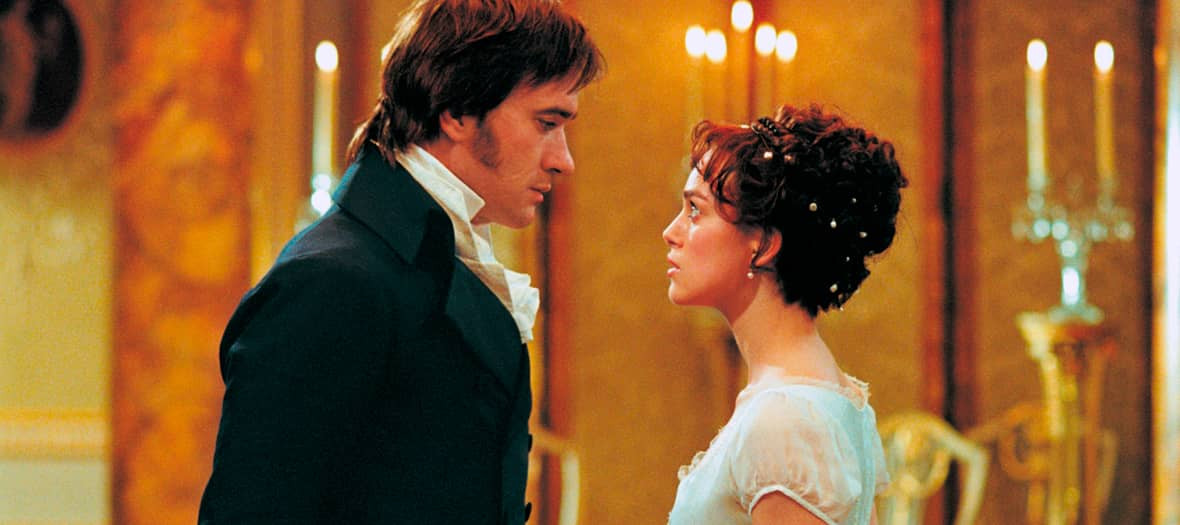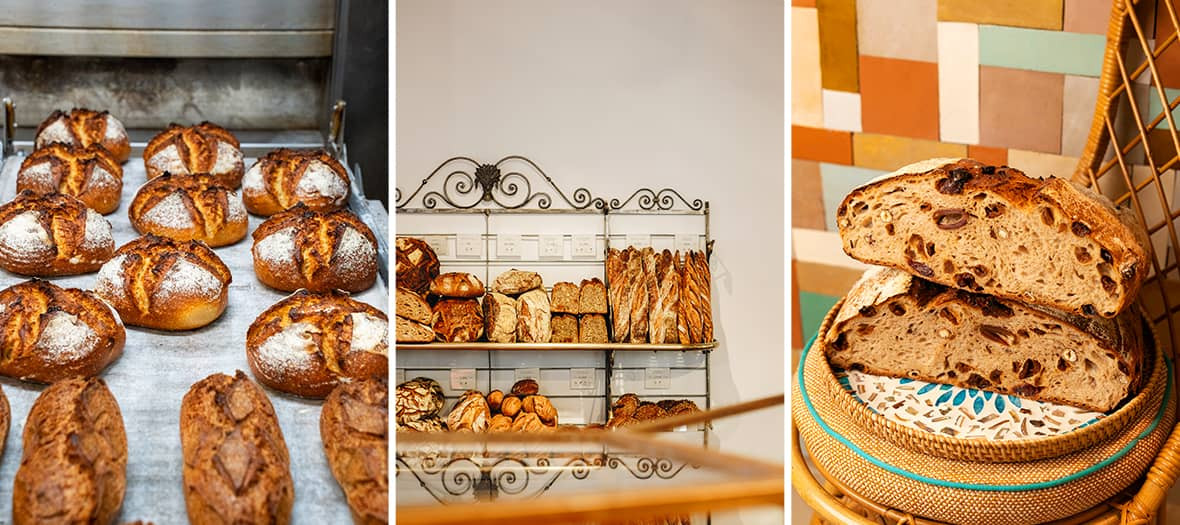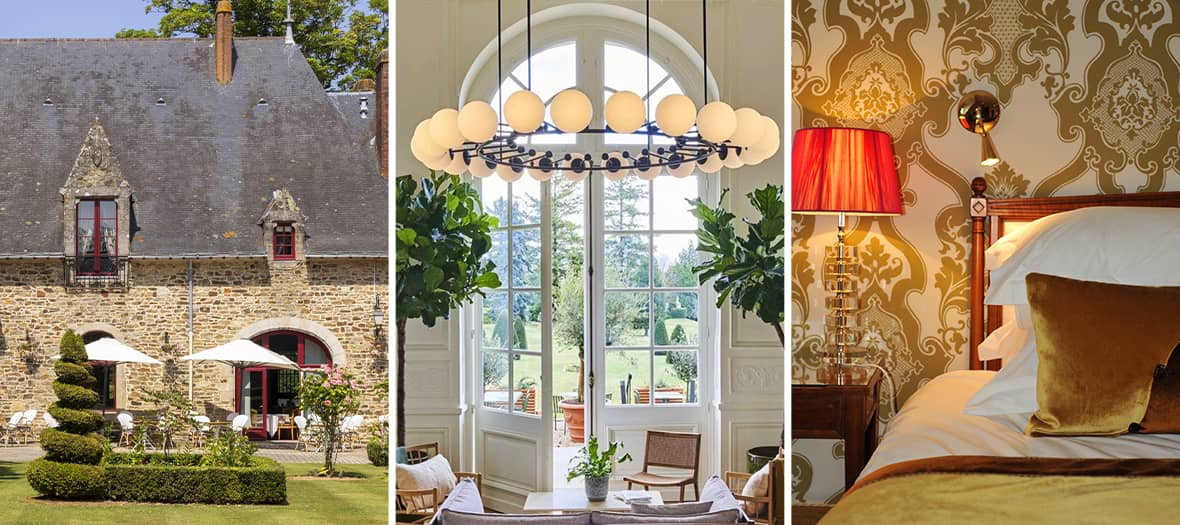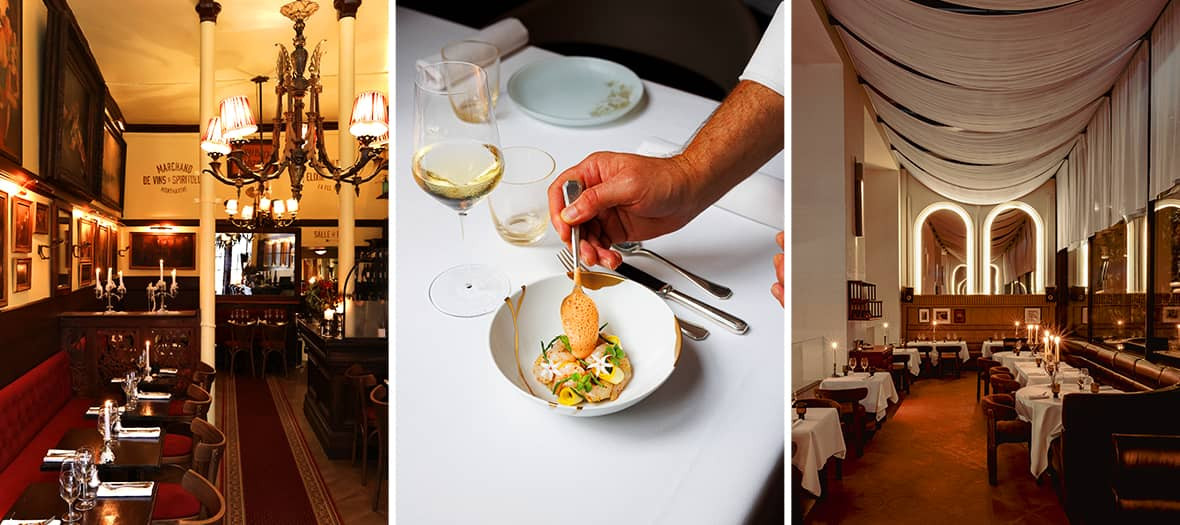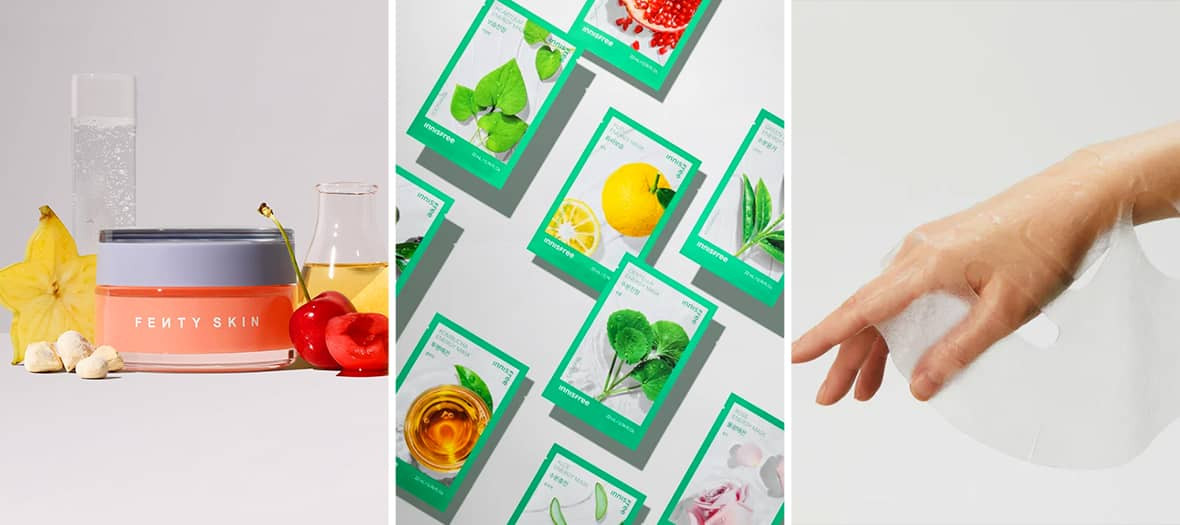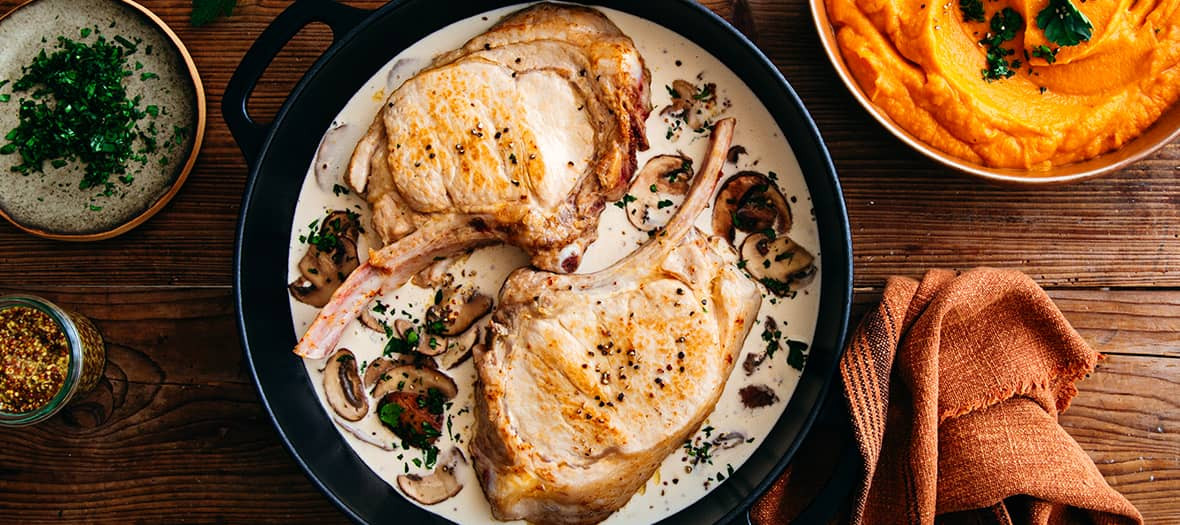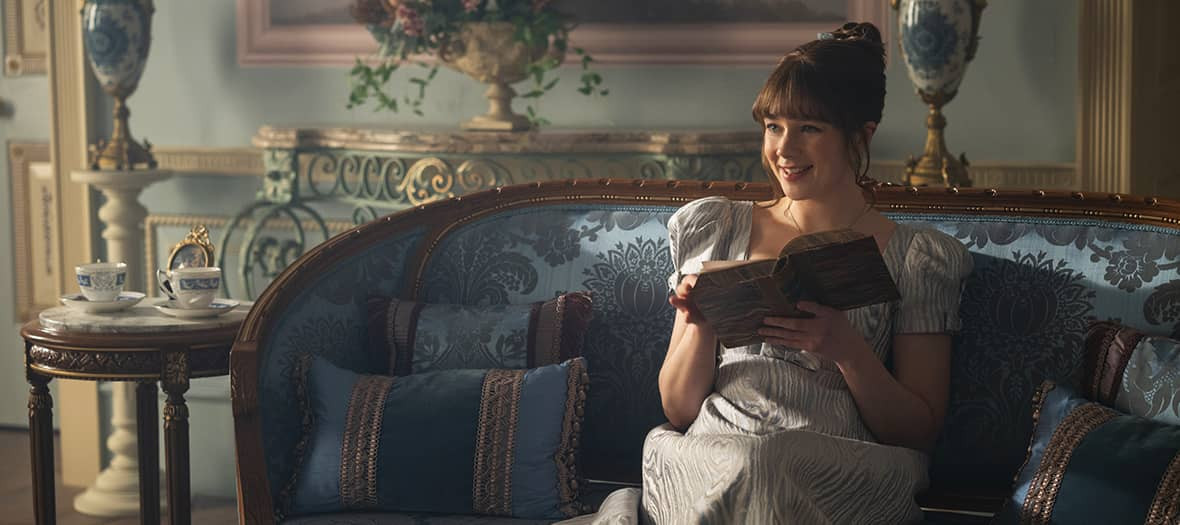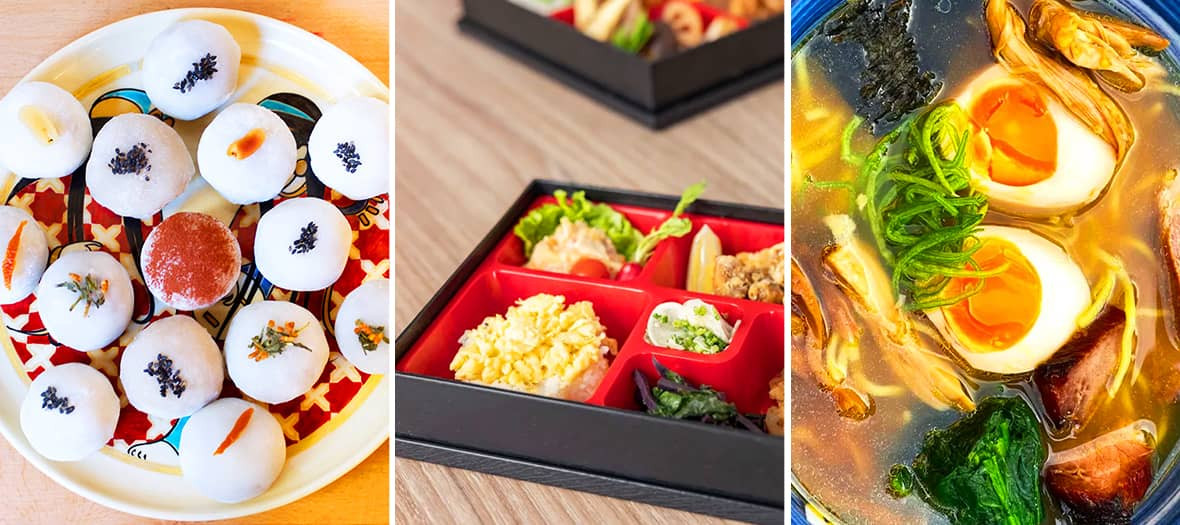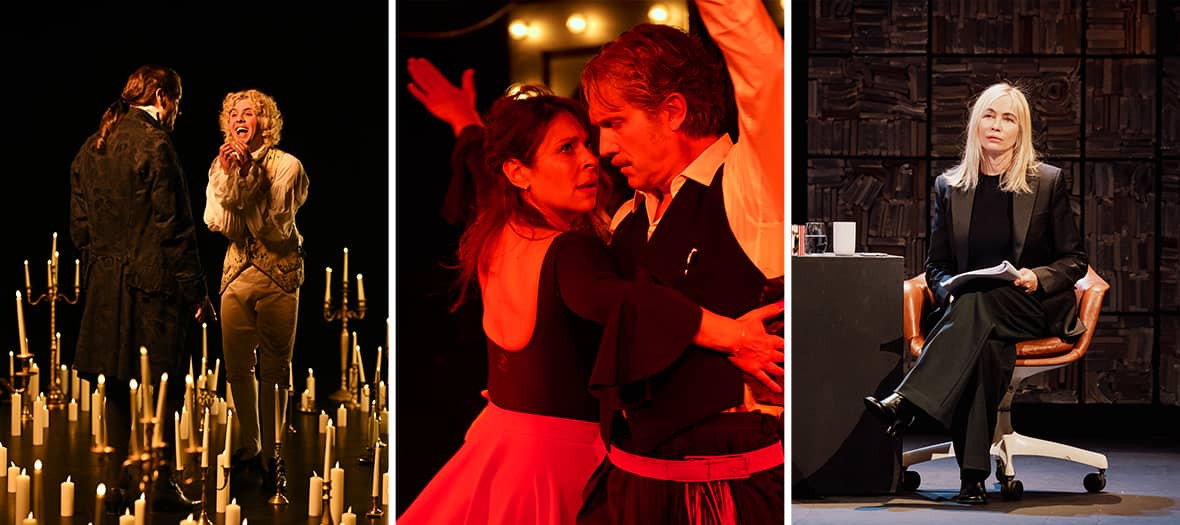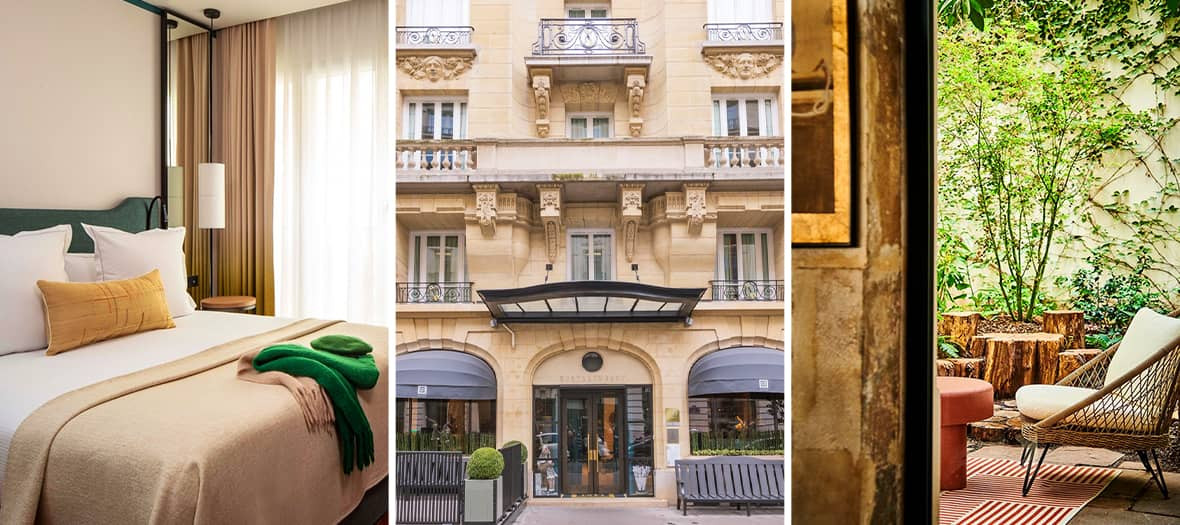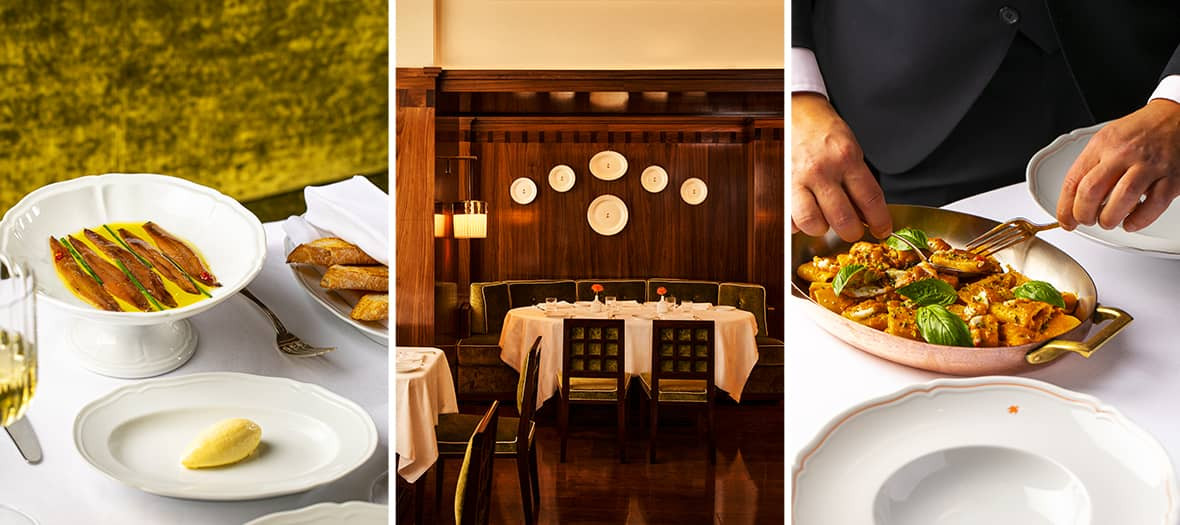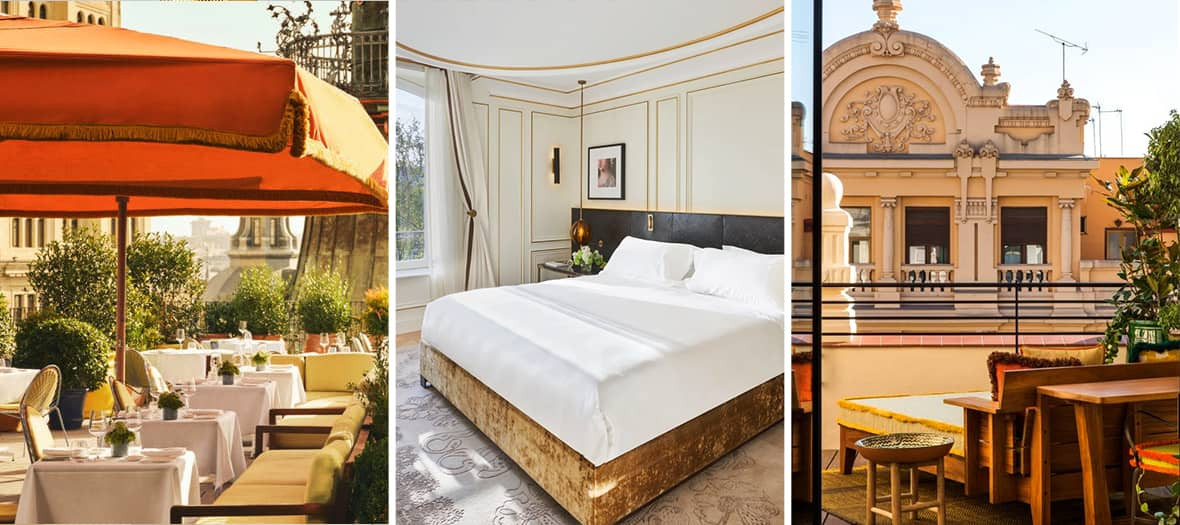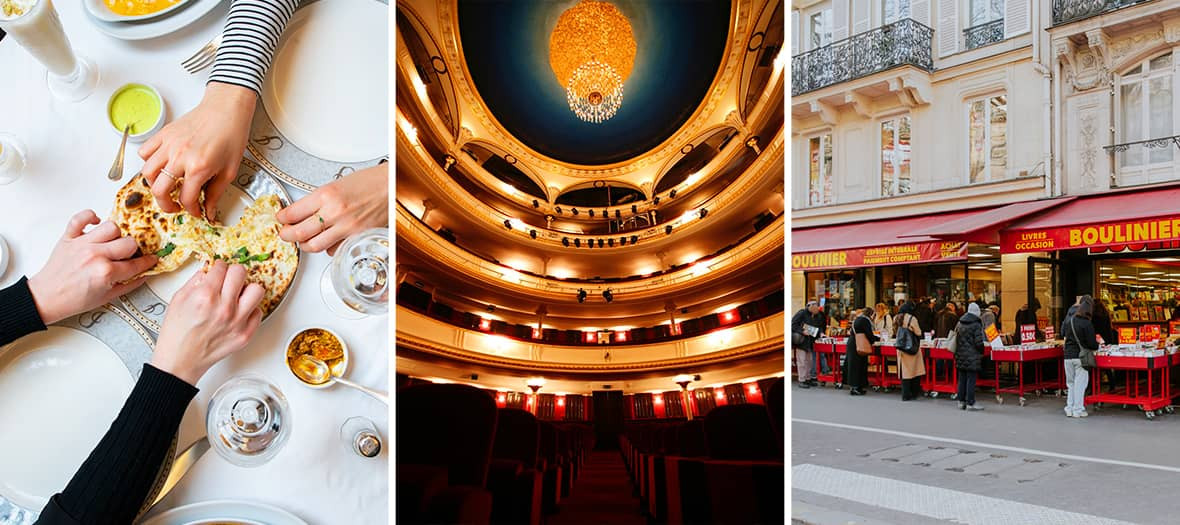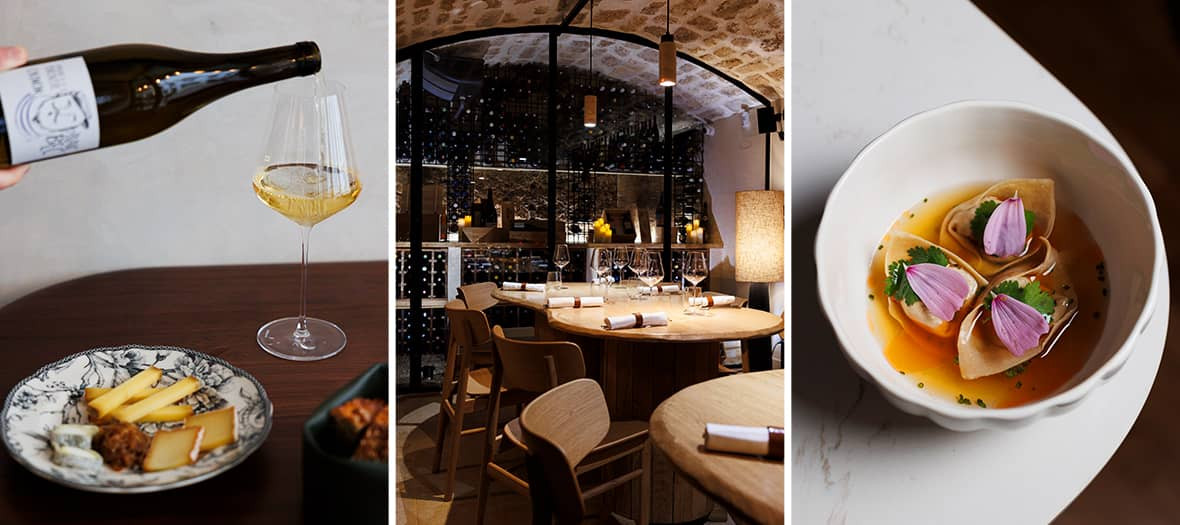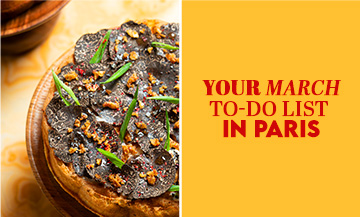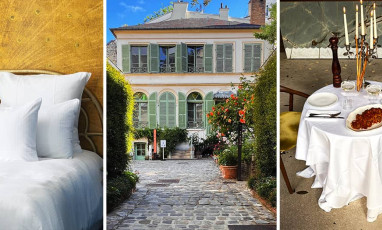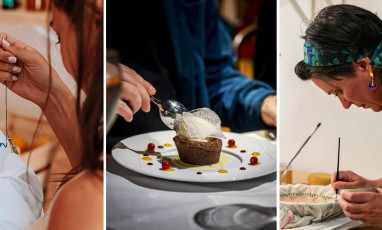Long dismissed as a boring beverage, tea is making a major comeback. As a clean alternative to coffee, a soothing ritual, and a natural powerhouse packed with wellness benefits, it has officially become the new cult obsession. From sought-after Japanese ceremonies and rare brews sourced like fine wines on Michelin-starred menus, to connoisseur shops and ultra-desirable accessories, a true tea culture is shaking up consumption habits. Trend analysis, dreamy boutiques, and stylish workshops: here’s a deep dive into the new codes of tea.
Tea, the embodiment of slow living and wellness
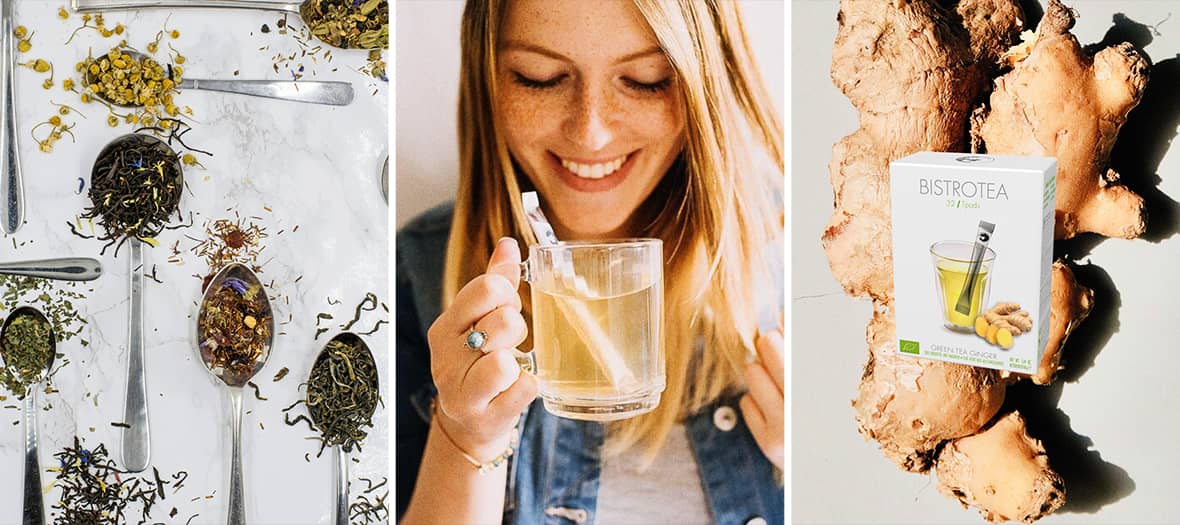
As consumers demand transparency, some brands have made impeccable traceability their signature. Such is the case of German 100% organic brand Bistrotea, which champions a new tea ritual by modernizing the tea experience with its clever, nomadic stick format beloved by the hospitality world. Sold online and at La Grande Épicerie, the brand grows all its teas exclusively on high plateaus in Sri Lanka using certified organic farming. This full control from A to Z allows them to maintain strict sustainability standards. But, as with any ethical approach, there’s a flip side: “We sometimes face stock shortages — it’s the price of success, but we prefer to manage and monitor our supply to ensure consistent quality,” explains Christine Moulié, Bistrotea’s French distributor. “Consumers want to know exactly what they’re sipping, from leaf picking to packaging,” she adds. The brand also offers innovative formats: tipis, capsules, and loose leaf teas.
France, a major tea-drinking nation, has seen its demand soar in recent years. “Since early 2017, we’ve recorded a 28% increase in market revenue. It’s huge!” A boom clearly aligned with healthier lifestyles: “Food is the body’s first medicine, and tea perfectly embodies this idea of a healthy product,” the expert notes. Beyond its antioxidant properties, tea aligns with the “slow living” movement: “While coffee gives an immediate boost, tea — with its slower infusion — forces you to pause. You can’t drink it instantly; the ritual requires time,” says Christine Moulié. And while 60% of teas are still purchased in supermarkets, Paris is full of unique spots offering a true tea experience…
Discover all Bistrotea collections on bistrotea.fr.
3 Stylish Addresses
Conservatoire des Hémisphères
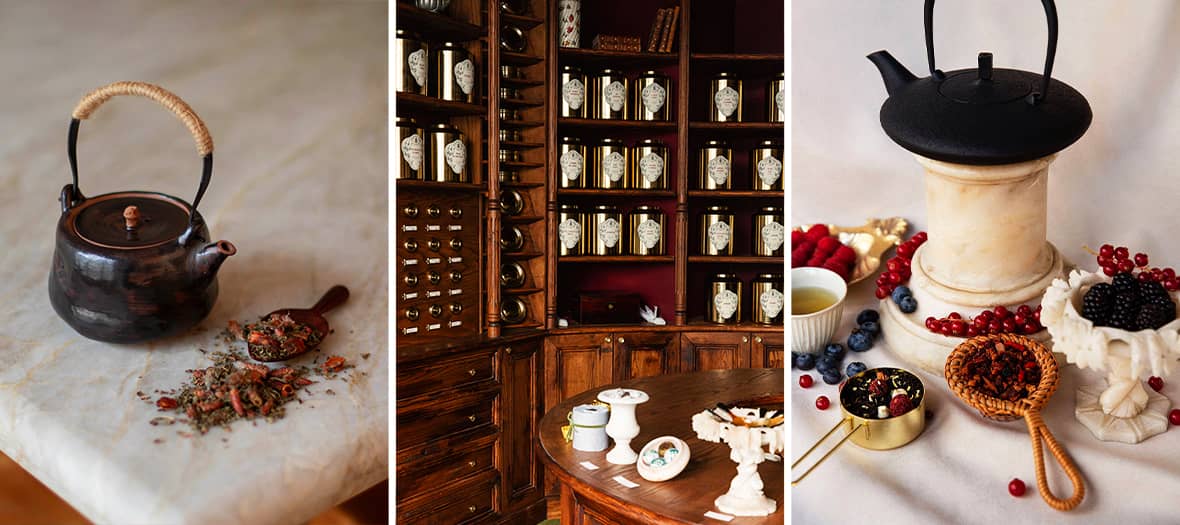
On Rue du Bac and Rue de Passy, Conservatoire des Hémisphères offers exceptional teas and addictive blends in beautifully crafted wooden shops inspired by old-school tea counters. Step inside and it’s like traveling through time, with teas stored in vintage apothecary drawers. Among our favorite blends: Thé du Boléro, a delicate green tea with notes of candied mango and rosebuds (€19.50), or Palais d’Hiver with bergamot and citrus (€21.50).
Conservatoire des Hémisphères, 96 rue du Bac, Paris 7e. Open Monday–Friday 11 a.m.–7:30 p.m., Saturday from 10 a.m., Sunday 12:30 p.m.–6:30 p.m. 01 42 22 28 65.
9 rue de Passy, Paris 16th. Open Tuesday–Saturday 11 a.m.–7:30 p.m., Monday until 7 p.m. 01 40 50 70 51.
Ogata
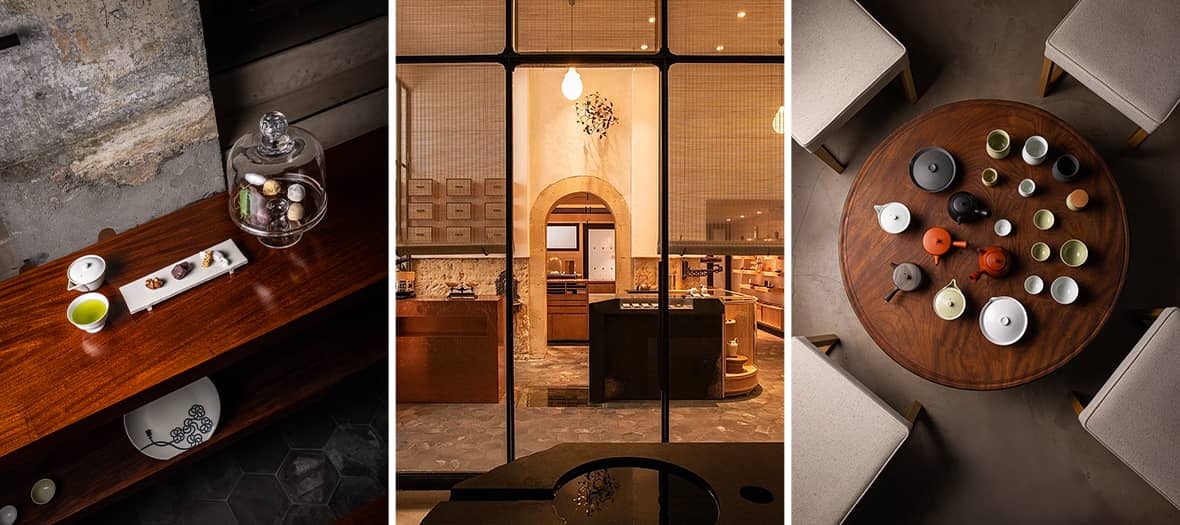
Hidden inside a private mansion in the Marais, Ogata is a full temple to Japanese culture spread across three floors: a boutique dedicated to tea craftsmanship, a wagashi pâtisserie serving some of the best dorayaki and mochi in Paris (€8 and €6), a design-driven concept store celebrating artisanship, a contemporary art gallery, a fine-dining restaurant, and a tea room offering exceptional workshops (€250 for 2 hours) as well as introductions to Japanese tea or Sencha (€80, next dates: December 4, January 8 and 22, February 5, March 5).
At the boutique, don’t miss the premium matcha (between €30 and €52), roasted hojicha (€20 per bag), other fresh teas to take away, and the irresistible caramelized puffed-rice biscuits in their beautiful round tin (€21.50).
Ogata, 16 rue Debelleyme, Paris 3rd. Boutique open Monday–Tuesday 11:30 a.m.–7:30 p.m., Wednesday–Sunday 11 a.m.–8 p.m. Tea room open Wednesday–Sunday 11 a.m.–6 p.m. 01 80 97 76 80.
© Jeanne Lozay
Le Parti du Thé
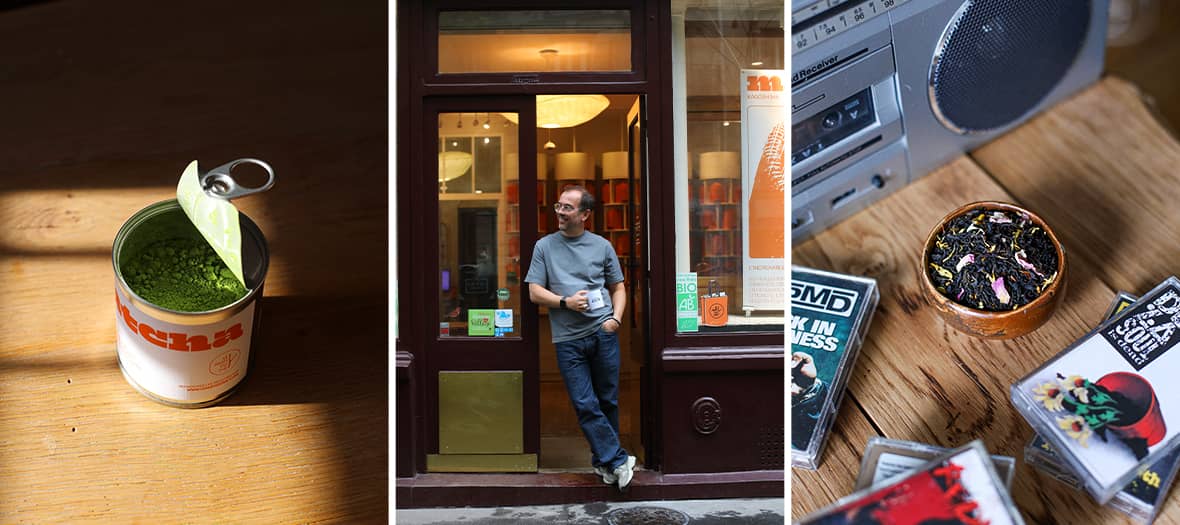
As relaxed as his favorite drink, Pierre Lebrun celebrates 20 years of his “epicurean adventure.” Now running two boutiques, Le Parti du Thé selects only the finest teas from Japan, China, Rwanda, Peru, Taiwan, and beyond — and for good reason: the founder travels the world to meet producers, understand terroirs, and study their methods. Our top picks? The addictive Genmaicha with toasted rice (€15.90 — you’ll finish the box in a week), Earl Grey Blue Flowers (€19.90), and dozens of other gems among their 300 ultra-curated references. Not to mention the accessories to perfect your home matcha ritual (whisk €19.90, bowl €32). The art of making rare, refined products cool and accessible.
Le Parti du Thé, 34 rue Faidherbe, Paris 11e. Open Monday–Friday 10:30 a.m.–2 p.m. and 3 p.m.–7:30 p.m., Saturday 10:30 a.m.–7:30 p.m. 09 66 97 76 55.
65 rue de Lancry, Paris 10th. Open Monday–Saturday 10:30 a.m.–2 p.m. and 3 p.m.–7:30 p.m. 01 42 00 96 38.
3 Workshops to Book
The Most Complete
In his traditional tea house in the heart of the Marais, Arnaud hosts a brilliant masterclass exploring tea history, tasting rituals, and the creation of your own blend.
1h30 – 3 to 9 participants – €60
The Most Traditional
Who better than Shu to demonstrate an authentic Chinese tea ceremony? Just steps from Hôtel de Ville, enjoy her expert explanations of several tea varieties (floral, woody notes, etc.), each infused multiple times according to tradition.
1h30 – 2 to 8 participants – €55
The Most Transportive
Since tea is enjoyed all around the world, Maïmouna takes guests on a sensory journey through Africa. In her cosy tea room in the 11th, watch her boil tea in a traditional kettle and discover tasting rituals paired with peanuts, pine nuts, and indulgent homemade cakes.
2h – 3 to 9 participants – €39
Also discover 3 new tea times to try in Paris and our favorite carrot cakes for teatime.





